Hot Upcoming IPOs to Watch
The most exciting upcoming IPOs include data intelligence platform Databricks and Elon Musk's SpaceX.

Profit and prosper with the best of Kiplinger's advice on investing, taxes, retirement, personal finance and much more. Delivered daily. Enter your email in the box and click Sign Me Up.
You are now subscribed
Your newsletter sign-up was successful
Want to add more newsletters?

Delivered daily
Kiplinger Today
Profit and prosper with the best of Kiplinger's advice on investing, taxes, retirement, personal finance and much more delivered daily. Smart money moves start here.

Sent five days a week
Kiplinger A Step Ahead
Get practical help to make better financial decisions in your everyday life, from spending to savings on top deals.

Delivered daily
Kiplinger Closing Bell
Get today's biggest financial and investing headlines delivered to your inbox every day the U.S. stock market is open.

Sent twice a week
Kiplinger Adviser Intel
Financial pros across the country share best practices and fresh tactics to preserve and grow your wealth.

Delivered weekly
Kiplinger Tax Tips
Trim your federal and state tax bills with practical tax-planning and tax-cutting strategies.

Sent twice a week
Kiplinger Retirement Tips
Your twice-a-week guide to planning and enjoying a financially secure and richly rewarding retirement

Sent bimonthly.
Kiplinger Adviser Angle
Insights for advisers, wealth managers and other financial professionals.

Sent twice a week
Kiplinger Investing Weekly
Your twice-a-week roundup of promising stocks, funds, companies and industries you should consider, ones you should avoid, and why.

Sent weekly for six weeks
Kiplinger Invest for Retirement
Your step-by-step six-part series on how to invest for retirement, from devising a successful strategy to exactly which investments to choose.

Despite a shaky start to the year due to uncertainty about the Trump administration's tariffs and stock market volatility in the spring and fall, activity in the initial public offering (IPO) market picked up in 2025.
According to Renaissance Capital, the 202 IPOs raised a combined $44 billion, marking the biggest year for new issuances since 2021.
"The uptick in demand peaked during the summer, resulting in the biggest pop for a billion-dollar IPO ever (Figma), but cooler heads prevailed in the fall, with more modest receptions for highly anticipated names like Klarna and StubHub," wrote Renaissance Capital in its 2025 Annual Review (pdf).
It's been a slow start to 2026, with just five IPOs priced through January 2027, raising just $1.3 billion. But Renaissance Capital remains "optimistic that the IPO market will resume its long-awaited pickup in 2026."

Upcoming IPOs
More companies appear to be testing the waters, too, making now the best time to explore the most anticipated upcoming IPOs.
For those looking to gain exposure to these new stocks, it's imperative to have an understanding of what an IPO is before jumping in.
Having covered the most promising upcoming IPOs for Kiplinger for several years, I've crafted this latest list to spotlight larger, well-established companies that are sure to gain the attention of both Wall Street and Main Street.
Data is as of January 27. Where possible, we have provided reported expectations for timelines and/or valuations for the upcoming IPOs.
Company | Industry | Expected IPO timeline |
Grayscale Investments | Digital asset manager | 2026 |
Databricks | Computer software | 2026 |
SpaceX | Aerospace and space transportation services | July 2026 |
Pershing Square Capital Management | Investment management | Q1 2026 |
Canva | Design software | 2026 |
Avalara | Tax software | 2026 |
Anthropic | AI research and development | 2026 |
PayPay | Cashless mobile payments | 2026 |
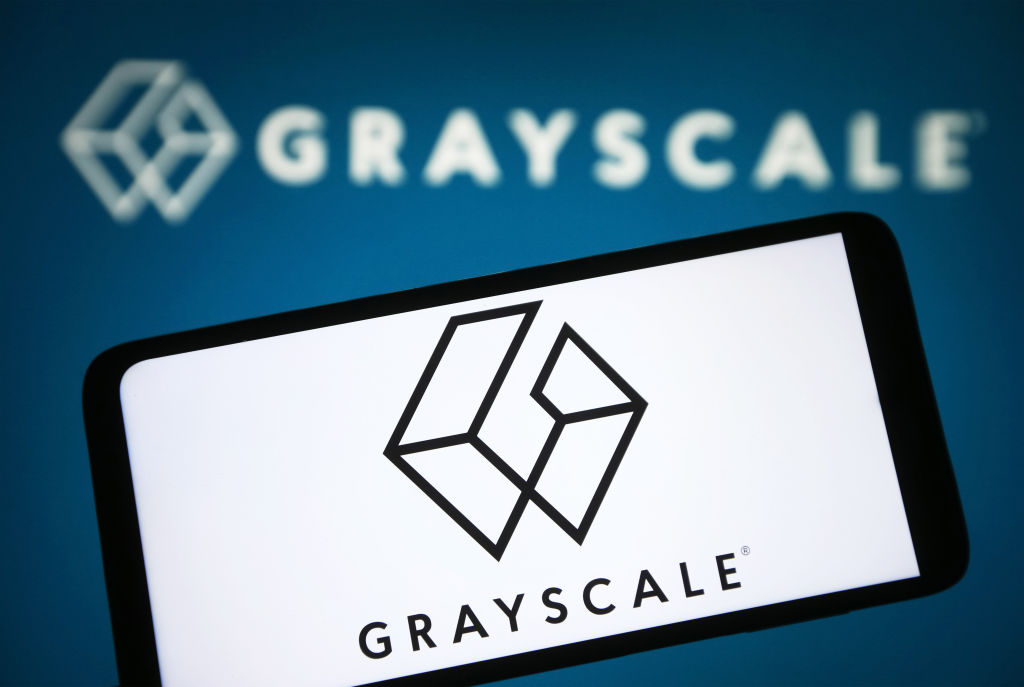
Grayscale Investments
Cryptocurrency was been one of the hottest categories for IPOs in 2025. Notable offerings included Circle Internet Group (CRCL), which is up 126% since its June debut as a publicly traded company, and Bullish Global (BLSH), which soared in its August market debut but is down nearly 50% since then.
Other crypto companies are lining up to launch their own IPO. Among them is Grayscale Investments.
Grayscale, a top digital asset manager founded in 2013, filed its IPO paperwork with the SEC in mid-November, though there's no set timeline for its offering. Grayscale has approximately $35 billion in assets under management, and that figure is rising amid strong industry tailwinds.
The Grayscale Bitcoin Trust (GBTC) is its flagship fund. It also offers vehicles to trade ethereum-focused themes, bitcoin miners and early crypto adopters, as well as income-focused ETFs that use option strategies.
The Trump administration has made improving the regulatory environment for the crypto industry a top priority. And more and more people are using and investing in digital assets – helped by a proliferation of crypto-focused ETFs.
Potential risk factors remain substantial – this is still an emerging technology, and crypto remains a highly volatile asset class.
And the bitcoin ETF corner of the market is highly competitive, with players such as BlackRock (BLK) and Fidelity Investments. This is likely to mean pressure on investment fees.
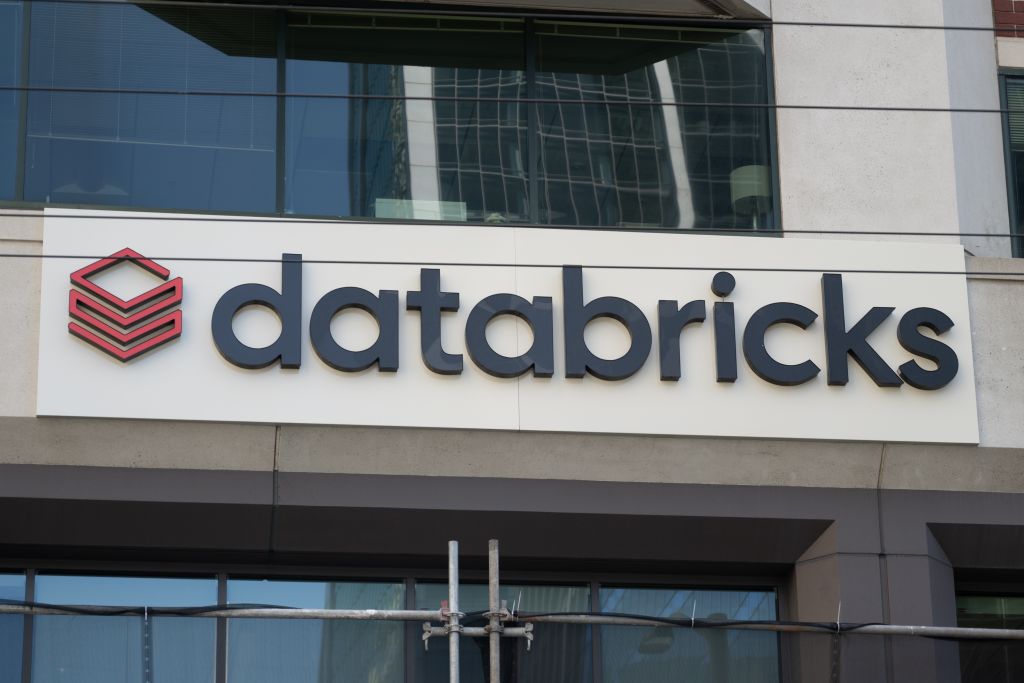
Databricks
Many companies are still struggling to get their data house in order. It's all over the place. Different teams using different systems, formats that don't match, files with missing information, or duplicated rows that throw everything off.
Fixing this isn't just tedious; it's a serious obstacle for anyone trying to use artificial intelligence (AI) effectively.
That's the pain point Databricks was built around.
Its story begins in 2009 at UC Berkeley's AMPLab. Matei Zaharia, then a Ph.D. student, developed Apache Spark, a faster, more flexible way to process big data, especially compared to older tools like MapReduce.
Spark could handle large jobs in memory, making things such as streaming and machine learning more efficient.
A few years later, Zaharia joined up with some fellow researchers, including Ali Ghodsi and Ion Stoica. In 2013, they launched Databricks to bring Spark into the hands of enterprises. The company's platform made it easier to analyze large-scale data in the cloud.
One big innovation: Databricks introduced what it calls a "lakehouse" architecture. It's a hybrid model that merges the strengths of data lakes and warehouses, so users can manage raw and structured data in the same place, without jumping between tools.
Today, Databricks is powering data and AI efforts at over 10,000 organizations, including Comcast (CMCSA), Shell (SHEL) and Rivian Automotive (RIVN).
The company's growth hasn't gone unnoticed. According to a report in The Information, Databricks is currently in talks with investors to raise $5 billion in funding, giving it a $134 billion valuation.
So, why is Databricks eyeing an IPO?
There are a couple of good reasons. Going public adds transparency, which tends to matter for big enterprise customers.
But perhaps more important is having a publicly traded stock that makes acquisitions easier. And that's something Databricks is already doing at a steady clip. Recent deals include generative AI customization platform MosaicML and Neon, a serverless database platform.
While Databricks has not yet filed paperwork for a public offering, Ghodsi said in early 2025 that it would not be "a huge surprise to me if we were public" by 2026, according to CNBC.

SpaceX
In mid-December, SpaceX carried out a tender offer for $2.56 billion of its shares from employees. The demand from investors was robust, with the company's valuation reaching roughly $800 billion.
Founded in 2002, SpaceX is the world's largest private space company. A key to its success has been a relentless focus on innovation. The company's breakthroughs include reusable orbital rockets, which have greatly reduced the costs of space flights; vertical rocket landings; and onboard autonomous systems.
The business has been lucrative. For 2025, SpaceX's revenue is estimated to hit $15 billion and reach up to $24 billion in 2026. The company is also cash flow positive.
The main sources of revenue come from launch services, flying commercial satellites and providing government payloads. Then there is Starlink, which is a massive satellite broadband service.
Of course, the founder of the company, Elon Musk, seems to have boundless ambitions. He wants to deploy space-based data centers, build a moonbase, and have missions to Mars.
Such bold initiatives will not be cheap, which is likely why Musk is considering SpaceX IPO. If a deal happens, it would likely be the biggest IPO ever, with a valuation that could top $1 trillion.
And a recent report in The Wall Street Journal suggests that Musk's rush to be the first to build data centers in space could have SpaceX going public as soon as July.
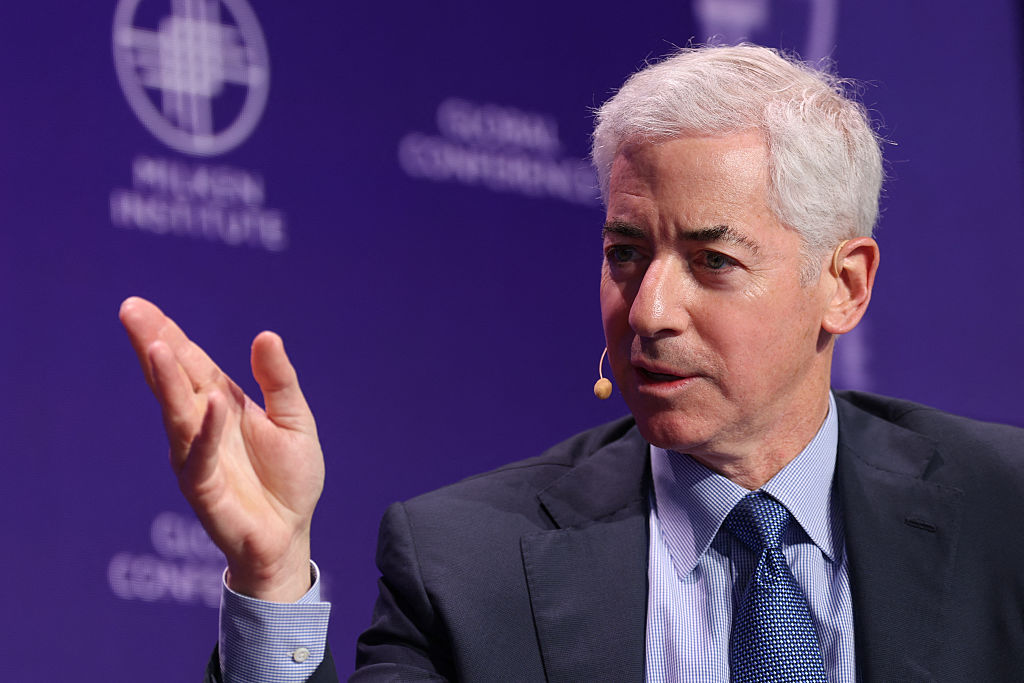
Pershing Square Capital Management
In 2004, Bill Ackman founded Pershing Square Capital Management. The initial capitalization was relatively modest, at $54 million. But Ackman would aggressively grow his investor base.
One of Pershing's notable investments is in Chipotle Mexican Grill (CMG), which the hedge fund initiated when the burrito chain was embroiled in a food-safety crisis. Ackman pushed for significant changes at Chipotle to boost shareholder value, including advocating for a new CEO and improving customer service.
Pershing also took activist stakes to improve operations at many other companies, including Burger King, Lowe's (LOW) and Wendy's (WEN).
A key part of Ackman's strategy for Pershing Square Capital Management is to take it public. The firm, which has assets under management of $19.2 billion as of September 30, is expected to list its shares in the first quarter of 2026. This may include a stock offering for a new closed-end fund.
By going public, Pershing Square Capital Management will have a base of permanent capital. This should provide more stability for taking long-term bets, similar to other asset management firms such as Blackstone (BX), Apollo Global Management (APO) and The Carlyle Group (CG).
As of November 18, 2025, the annual return on Ackman's hedge fund was roughly 17%. Top holdings include Uber Technologies (UBER), Alphabet (GOOGL) and Brookfield (BN).

Canva
Melanie Perkins got the idea for Canva when she was a student at the University of Western Australia. While tutoring graphic design, she observed students struggling with tools such as Adobe (ADBE) Photoshop.
Perkins knew there had to be a better way. So she teamed up with Cliff Obrecht to create an online service for designing yearbooks.
Within a few years, their brainchild would grow into Canva, as they created a general-purpose design tool. In the first year, it attracted over 750,000 users. The momentum would not let up, either.
Today, Canva has more than 220 million users, and revenue is estimated to exceed $3 billion.
In 2013 – after more than 100 rejections – Perkins and Obrecht raised their first round of capital. In August, the company held an employee stock sale at a valuation of $42 billion, up from $32 billion a year earlier.
So, does this mean an IPO is not in the cards? Not necessarily. While Obrecht said in a recent podcast interview that market conditions are more appealing now, there's no specific date on the books for an IPO.
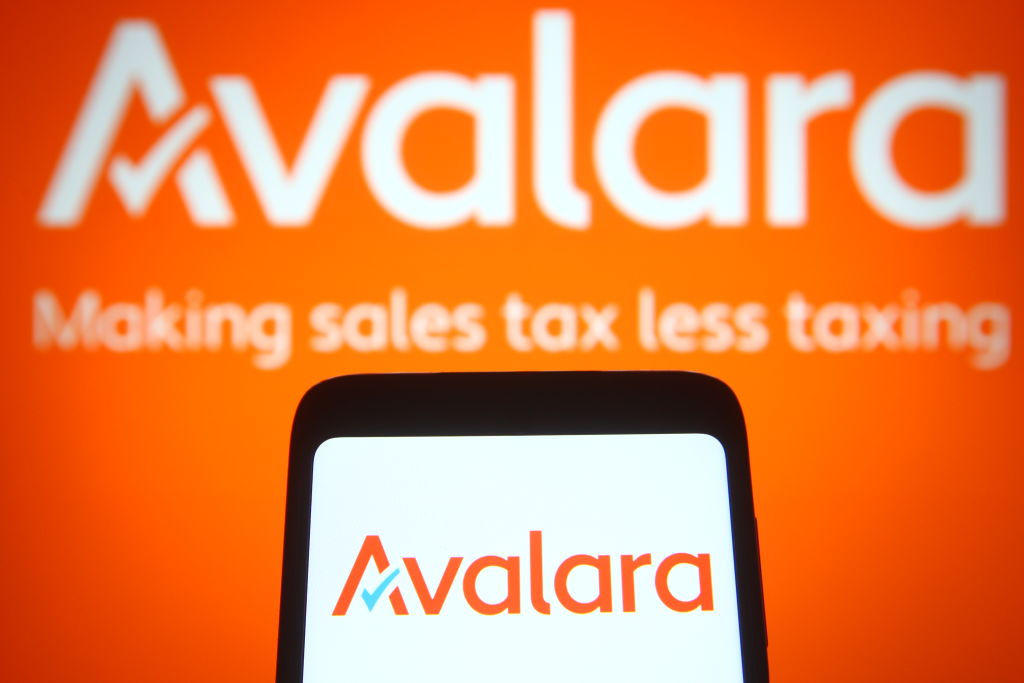
Avalara
Avalara launched an IPO in the summer of 2018, raising $180 million. Shares shot up 87% on the first day of trading. Four years later, management announced an $8.4 billion going-private transaction led by private equity giant Vista Equity Partners.
Founded in 2004, Avalara develops software to help customers manage advanced tax and compliance requirements. It serves more than 41,000 customers and 1,400-plus partner integrations. In all, the platform has processed and filed more than six million tax returns.
According to Fitch, fundamentals are solid: "Avalara is positioned for strong growth, supported by favorable industry tailwinds."
As Fitch notes, Avalara serves the U.S. tax compliance software market and its estimated total addressable value of approximately $15 billion.
Its focus area is the small and medium-sized business (SMB) segment, which represents more than half of the total market and is less penetrated compared to bigger enterprises.
So, what’s next? Of course, Avalara is preparing to go public again. In July, management revealed it had submitted a confidential Form S-1 filing with the SEC.

Anthropic
In 2021, siblings Dario Amodei and Daniela Amodei cofounded Anthropic. Before this, the pair were executives at OpenAI, where they disagreed with the strategic focus and wanted to build a platform that would emphasize safety and transparency.
That strategy proved to be a profitable one. Today, Anthropic is the third-biggest private AI company, behind OpenAI and Elon Musk's xAI. The company develops some of the world's most sophisticated AI models and also operates the Claude chatbot.
In November, Microsoft (MSFT) announced a strategic partnership with Anthropic, which included a $5 billion investment. Nvidia (NVDA) also agreed to invest up to $10 billion in the AI startup. These investments give Anthropic a $350 billion valuation, which is notably higher than its $183 billion valuation from September.
For 2025, Anthropic is estimated to generate $4.2 billion in revenue and incur a roughly $3 billion loss. However, the company expects the cash burn to decline substantially, with breakeven occurring in 2028.
As for an Anthropic IPO, reports suggest it could happen sometime this year, though the plans appear to be in the preliminary stages.
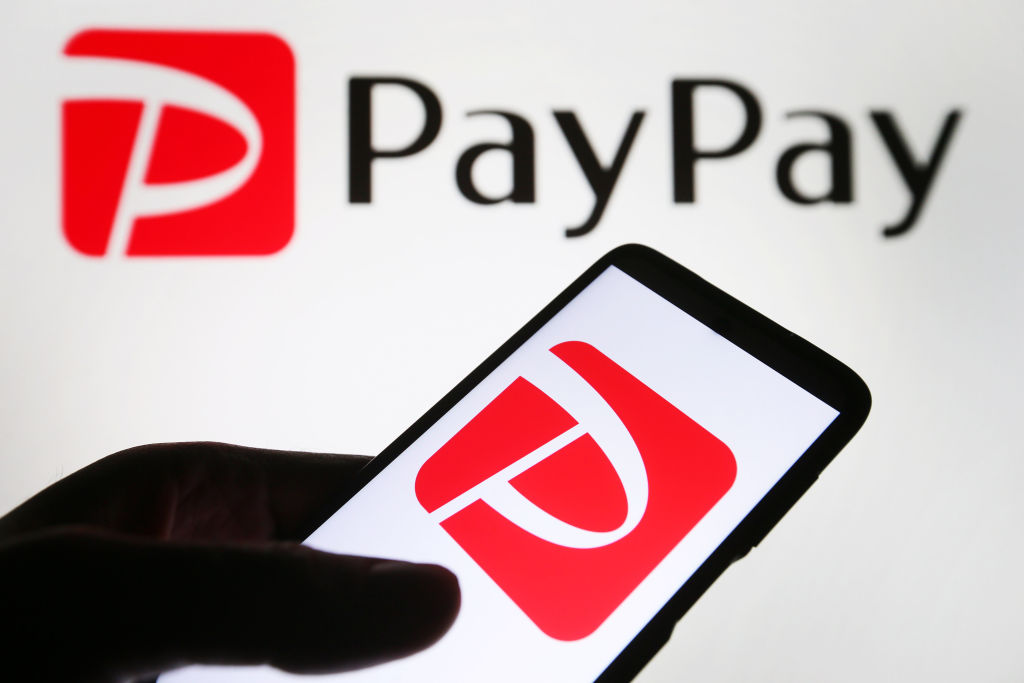
PayPay
In 2018, SoftBank Group and Yahoo Japan formed the PayPay joint venture to create a QR-and bar-code-based payment app. Teaming up with Paytm – India's top fintech outfit – was the key to developing this technology.
That strategy would certainly pay off. Through Yahoo Japan's huge distribution, the PayPay app would quickly dominate the Japanese market. During its first year in operation, PayPay attracted more than 20 million registered users.
User count is now up to 70 million, which is more than half the population in Japan and about two-thirds of smartphone users.
The company has also been effective in monetizing that user base. Revenue jumped from $1.28 billion in fiscal 2023 to $1.93 billion in fiscal 2024, representing a 51% year-over-year increase.
According to Bloomberg, PayPay has made a confidential filing for an IPO in the U.S. market, with an estimated valuation of $20 billion.

Are IPOs a good investment?
IPOs can be a great way to invest in early-stage growth companies, and gains can potentially be massive.
Then again, the risks can be substantial. "Market history is littered with examples of 'hot' IPOs that have gone on to become market duds," said Ed Ciancarelli, senior portfolio manager at Focus Partners.
"Lyft, Inc (LYFT) went public at $72 on March of 2019 after pricing above the expected range of $62 to $68 per share," Ciancarelli notes. "LYFT closed the first day of trading at $78 and has not seen that level since. Such broken IPOs become the victim of an overly exuberant market and unattainable expectations."
An IPO should be considered a higher risk category for your portfolio. For example, it might be best to allocate no more than 5% to 10% in these types of investments.
Before investing in an IPO, you might want to wait until the excitement subsides.
"Be patient and wait for the stock price to have its inevitable dip prior to investing," suggests Jeff McClean, CEO at Solidarity Wealth. "Unless you are one of the lucky few who have access to pre-IPO stock at reasonable valuations, patience is the best course."
Moreover, it's a good idea to read the S-1, a regulatory filing that includes important information about the company that is planning to go public. Make sure to focus on the prospectus summary, risk factors and the letter from the founders.
Related content
Profit and prosper with the best of Kiplinger's advice on investing, taxes, retirement, personal finance and much more. Delivered daily. Enter your email in the box and click Sign Me Up.

Tom Taulli has been developing software since the 1980s when he was in high school. He sold his applications to a variety of publications. In college, he started his first company, which focused on the development of e-learning systems. He would go on to create other companies as well, including Hypermart.net that was sold to InfoSpace in 1996. Along the way, Tom has written columns for online publications such as Bloomberg, Forbes, Barron's and Kiplinger. He has also written a variety of books, including Artificial Intelligence Basics: A Non-Technical Introduction. He can be reached on Twitter at @ttaulli.
-
 Ask the Tax Editor: Federal Income Tax Deductions
Ask the Tax Editor: Federal Income Tax DeductionsAsk the Editor In this week's Ask the Editor Q&A, Joy Taylor answers questions on federal income tax deductions
-
 States With No-Fault Car Insurance Laws (and How No-Fault Car Insurance Works)
States With No-Fault Car Insurance Laws (and How No-Fault Car Insurance Works)A breakdown of the confusing rules around no-fault car insurance in every state where it exists.
-
 7 Frugal Habits to Keep Even When You're Rich
7 Frugal Habits to Keep Even When You're RichSome frugal habits are worth it, no matter what tax bracket you're in.
-
 The Best Precious Metals ETFs to Buy in 2026
The Best Precious Metals ETFs to Buy in 2026Precious metals ETFs provide a hedge against monetary debasement and exposure to industrial-related tailwinds from emerging markets.
-
 For the 2% Club, the Guardrails Approach and the 4% Rule Do Not Work: Here's What Works Instead
For the 2% Club, the Guardrails Approach and the 4% Rule Do Not Work: Here's What Works InsteadFor retirees with a pension, traditional withdrawal rules could be too restrictive. You need a tailored income plan that is much more flexible and realistic.
-
 Retiring Next Year? Now Is the Time to Start Designing What Your Retirement Will Look Like
Retiring Next Year? Now Is the Time to Start Designing What Your Retirement Will Look LikeThis is when you should be shifting your focus from growing your portfolio to designing an income and tax strategy that aligns your resources with your purpose.
-
 I'm a Financial Planner: This Layered Approach for Your Retirement Money Can Help Lower Your Stress
I'm a Financial Planner: This Layered Approach for Your Retirement Money Can Help Lower Your StressTo be confident about retirement, consider building a safety net by dividing assets into distinct layers and establishing a regular review process. Here's how.
-
 Stocks Sink With Alphabet, Bitcoin: Stock Market Today
Stocks Sink With Alphabet, Bitcoin: Stock Market TodayA dismal round of jobs data did little to lift sentiment on Thursday.
-
 The 4 Estate Planning Documents Every High-Net-Worth Family Needs (Not Just a Will)
The 4 Estate Planning Documents Every High-Net-Worth Family Needs (Not Just a Will)The key to successful estate planning for HNW families isn't just drafting these four documents, but ensuring they're current and immediately accessible.
-
 Love and Legacy: What Couples Rarely Talk About (But Should)
Love and Legacy: What Couples Rarely Talk About (But Should)Couples who talk openly about finances, including estate planning, are more likely to head into retirement joyfully. How can you get the conversation going?
-
 How to Get the Fair Value for Your Shares When You Are in the Minority Vote on a Sale of Substantially All Corporate Assets
How to Get the Fair Value for Your Shares When You Are in the Minority Vote on a Sale of Substantially All Corporate AssetsWhen a sale of substantially all corporate assets is approved by majority vote, shareholders on the losing side of the vote should understand their rights.
